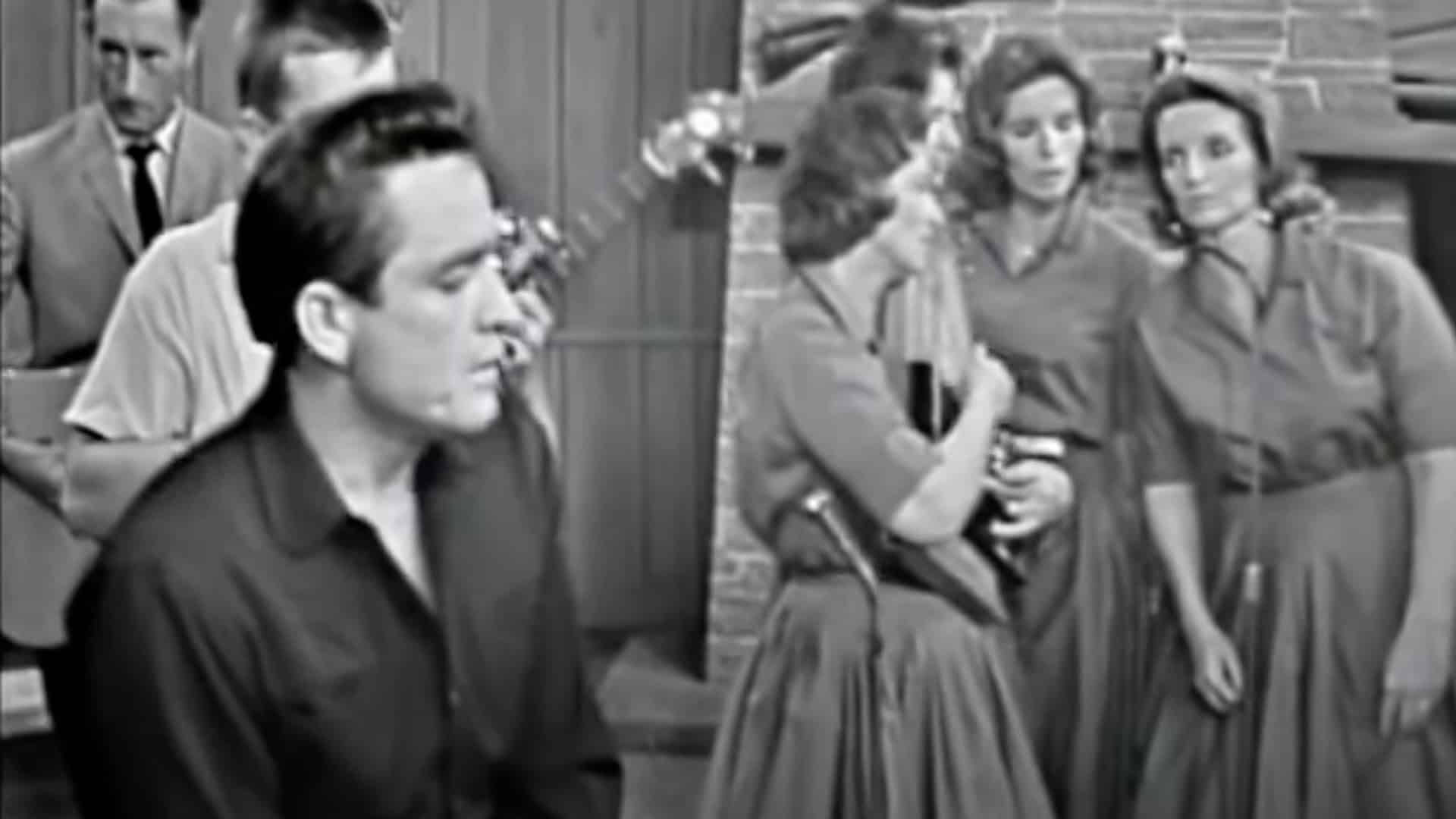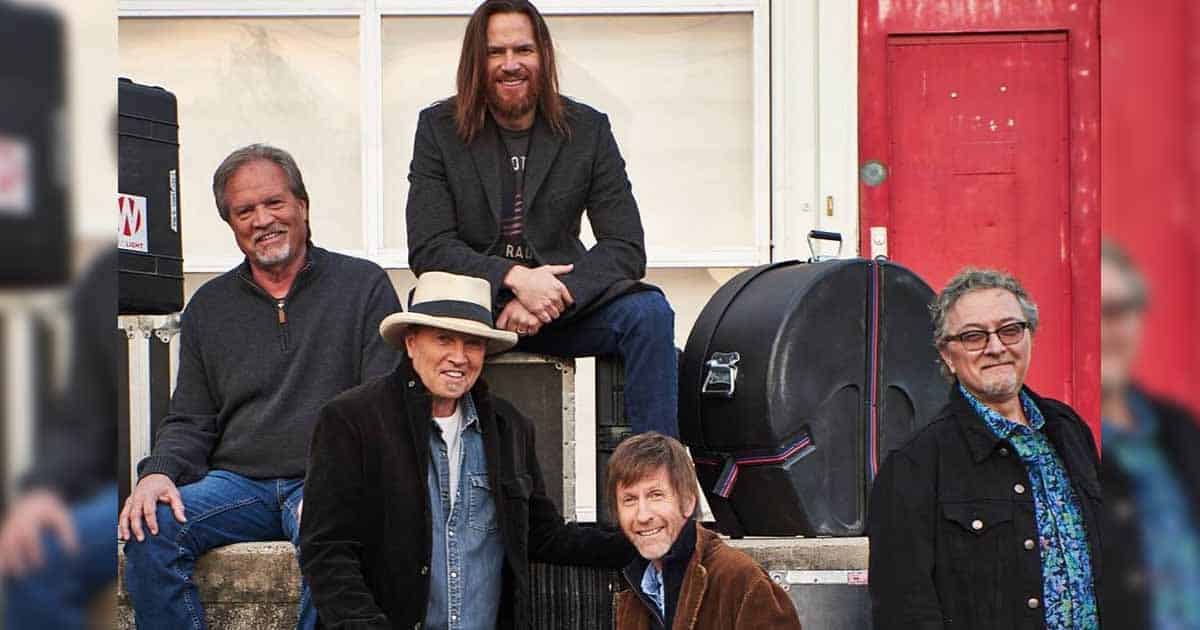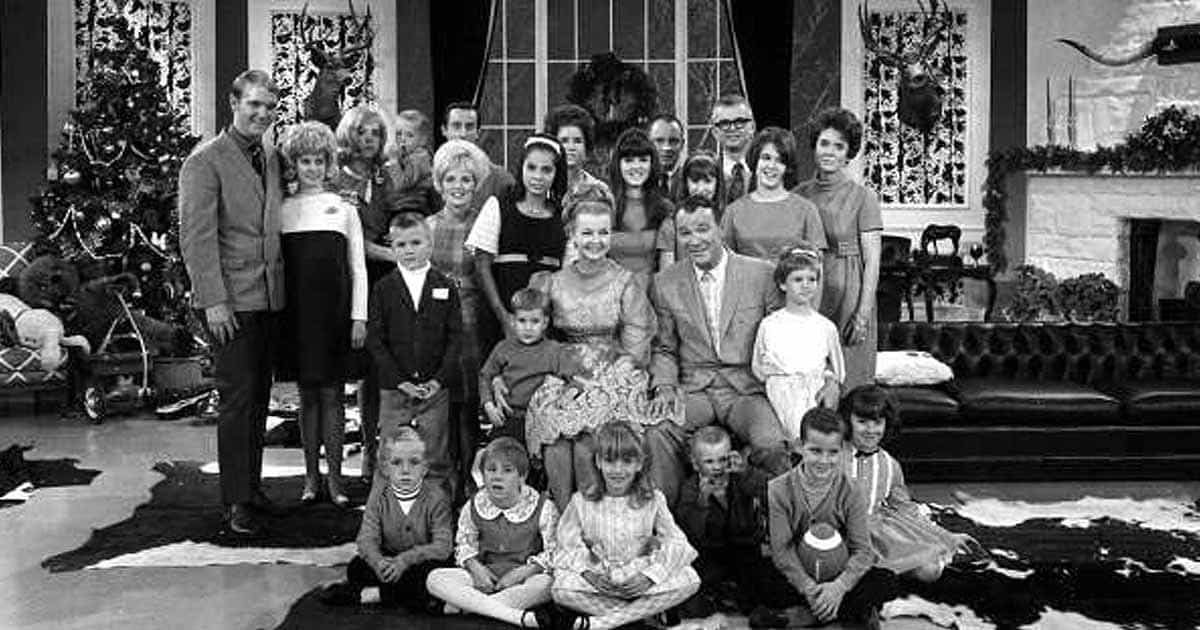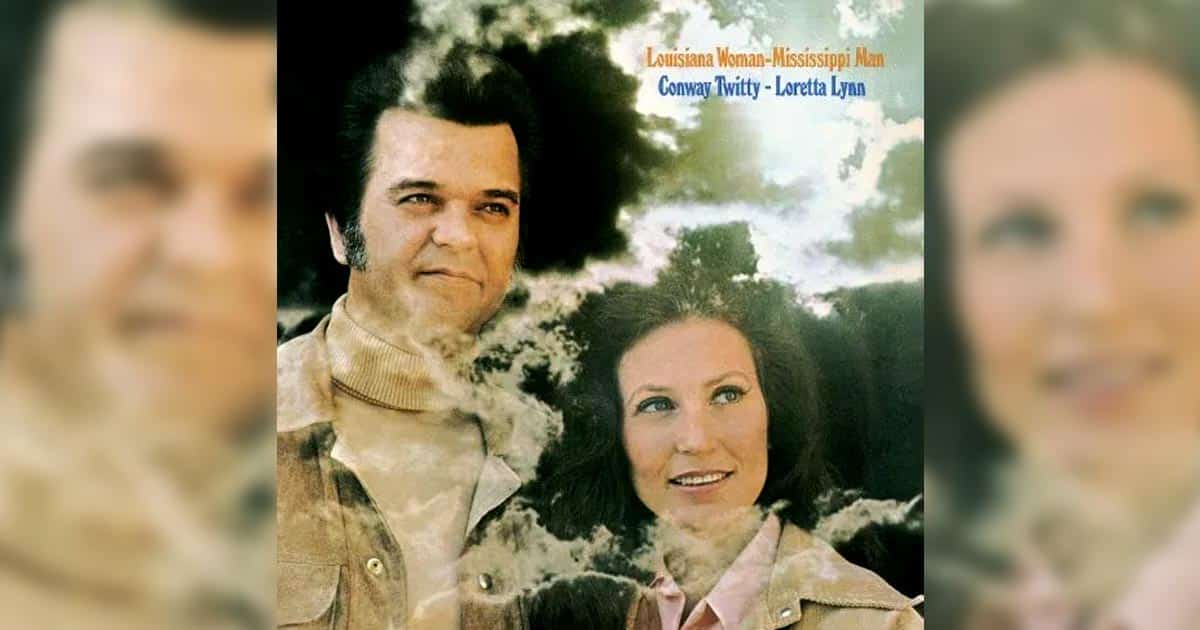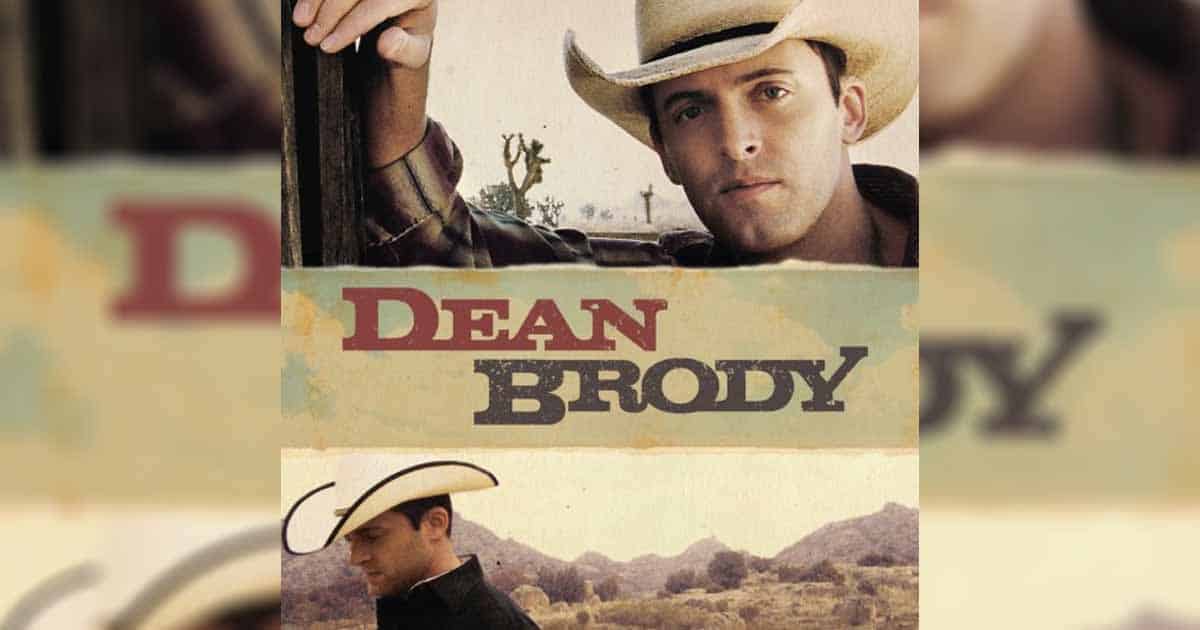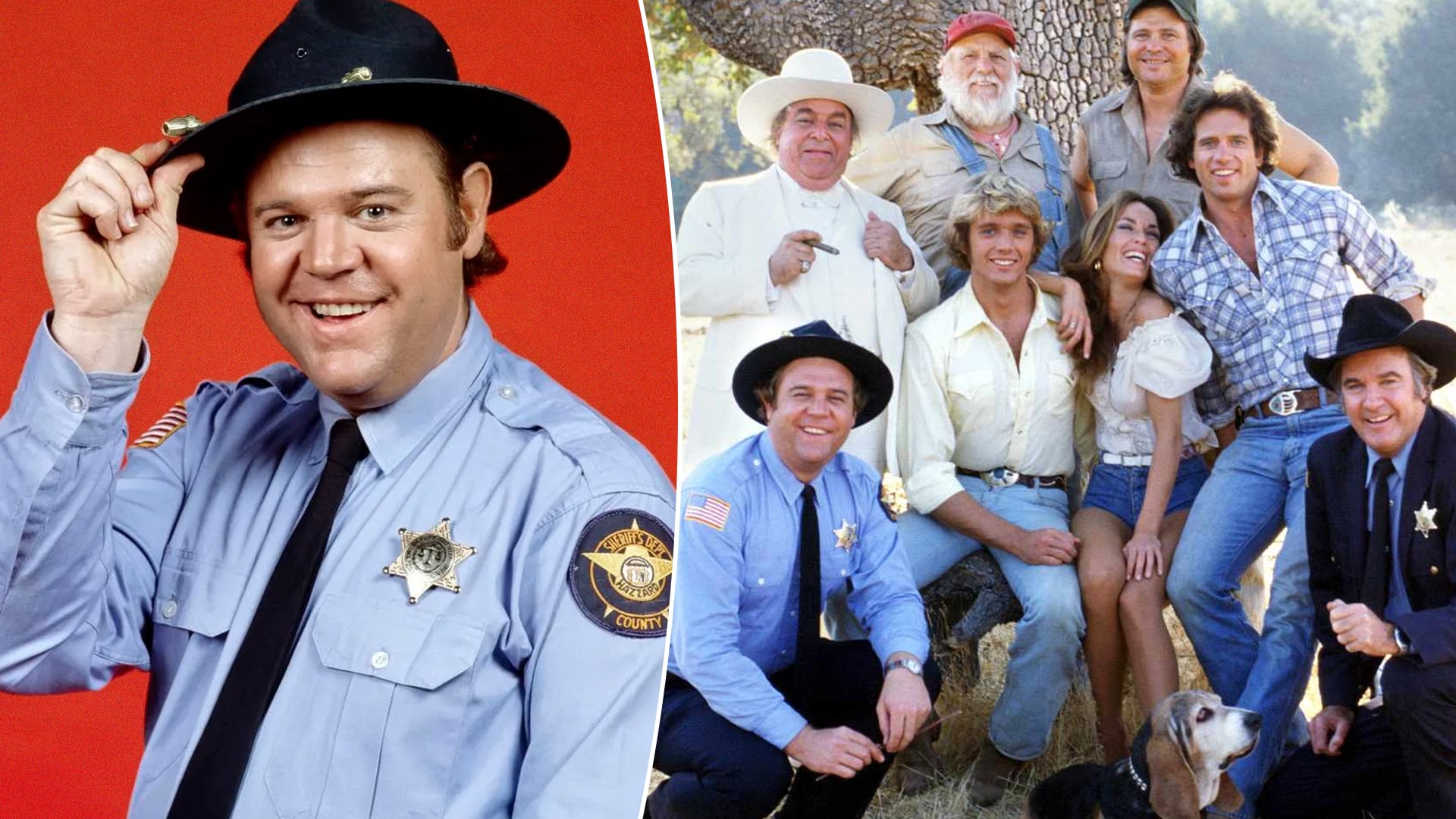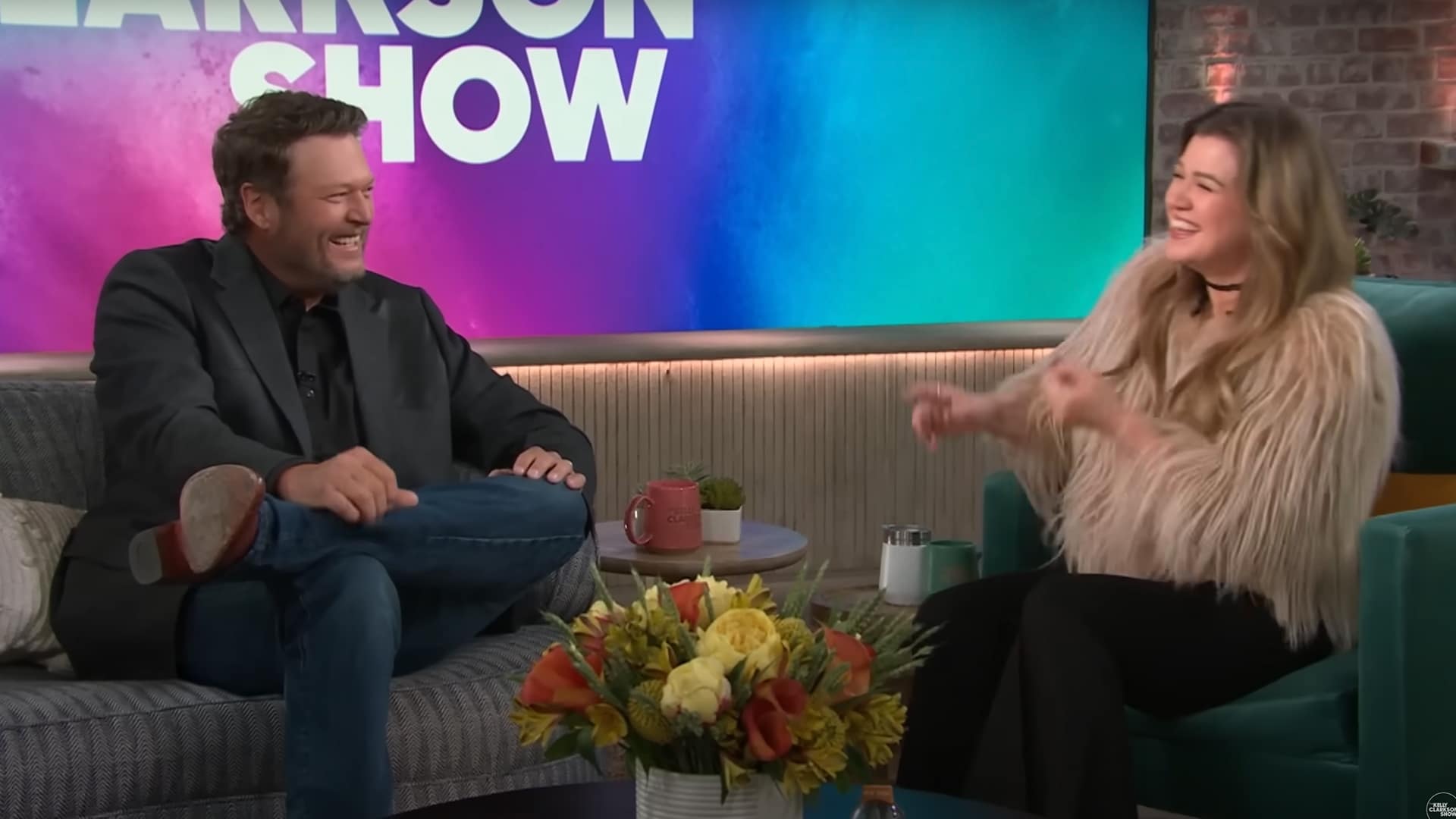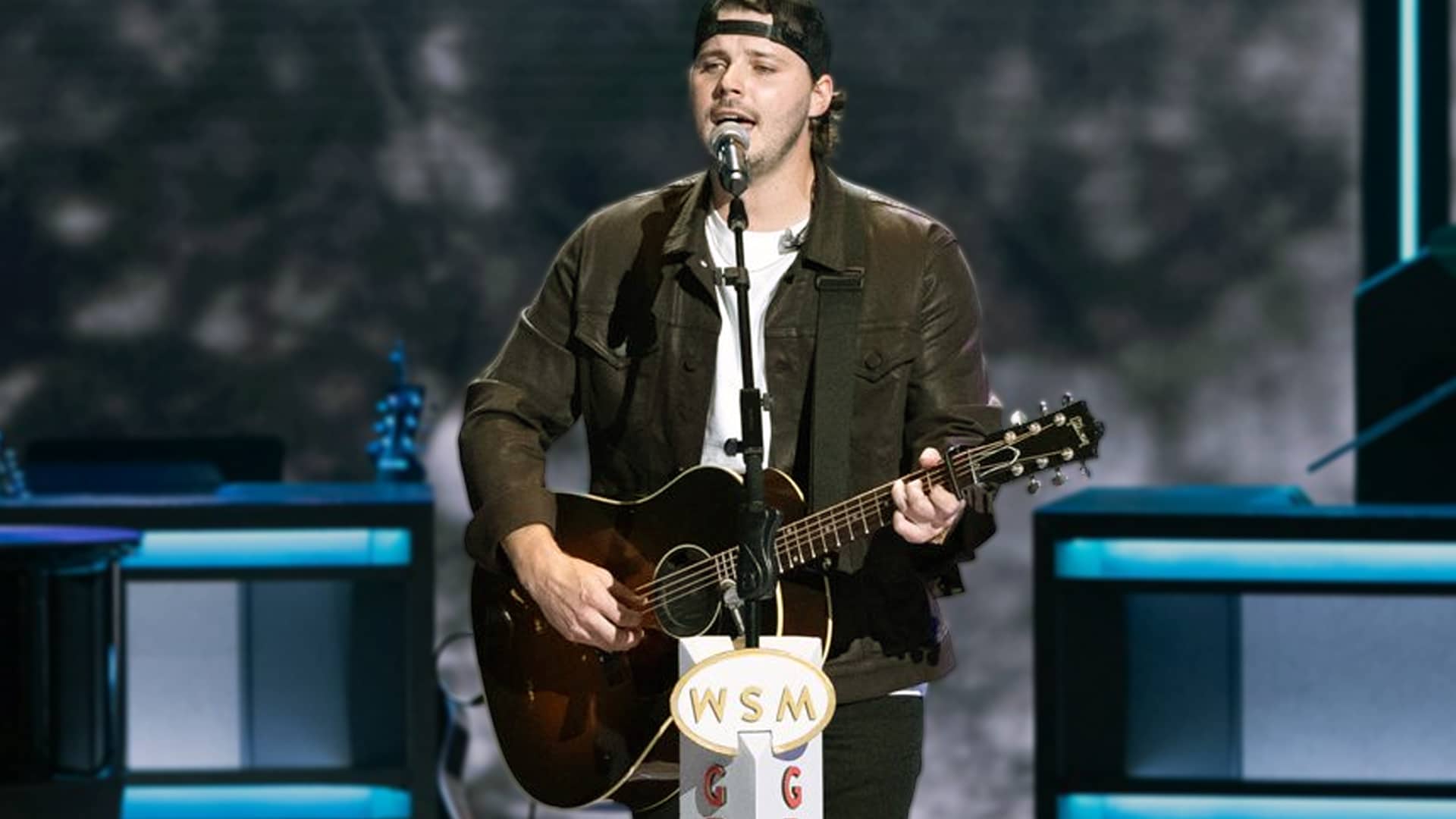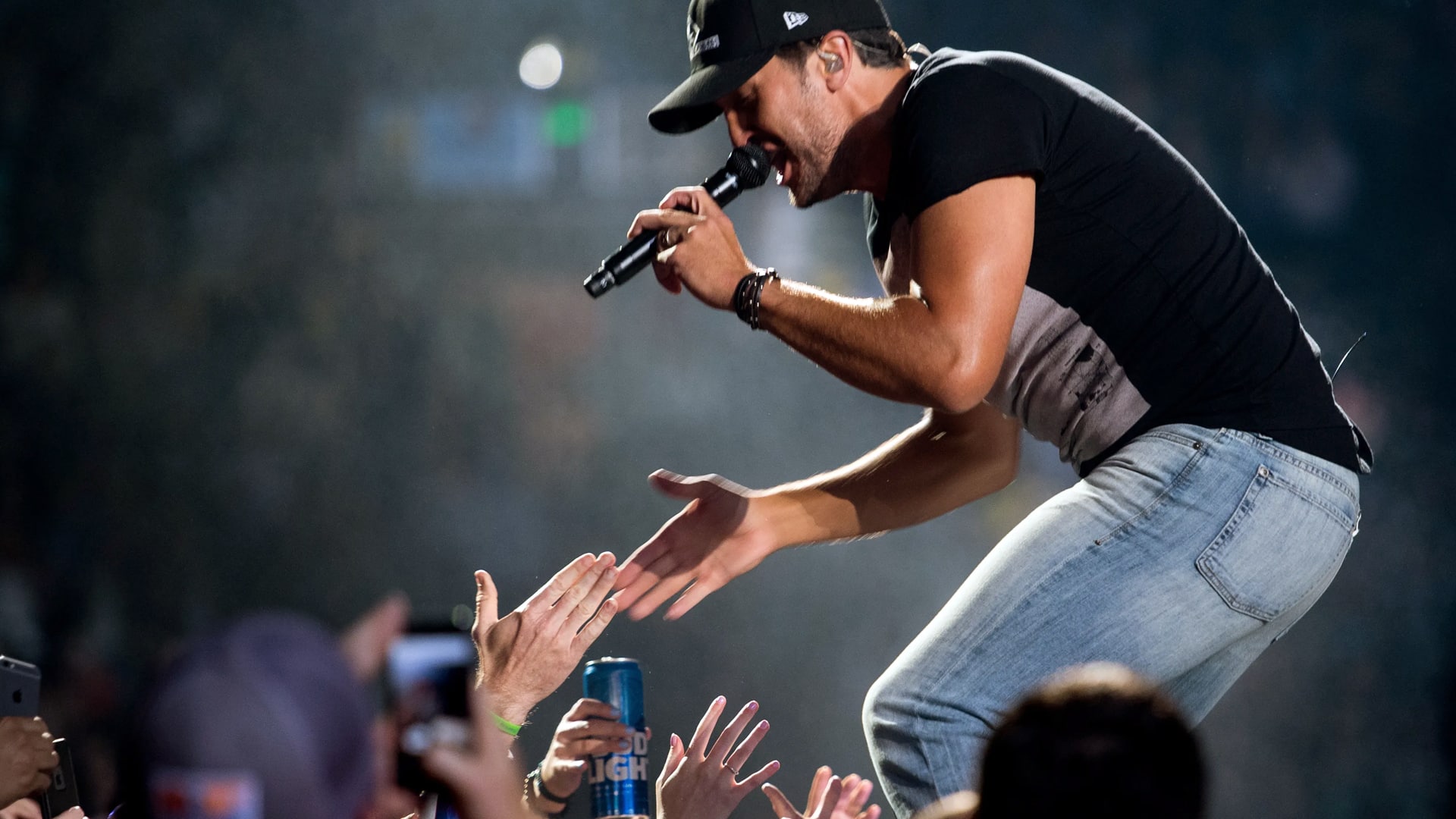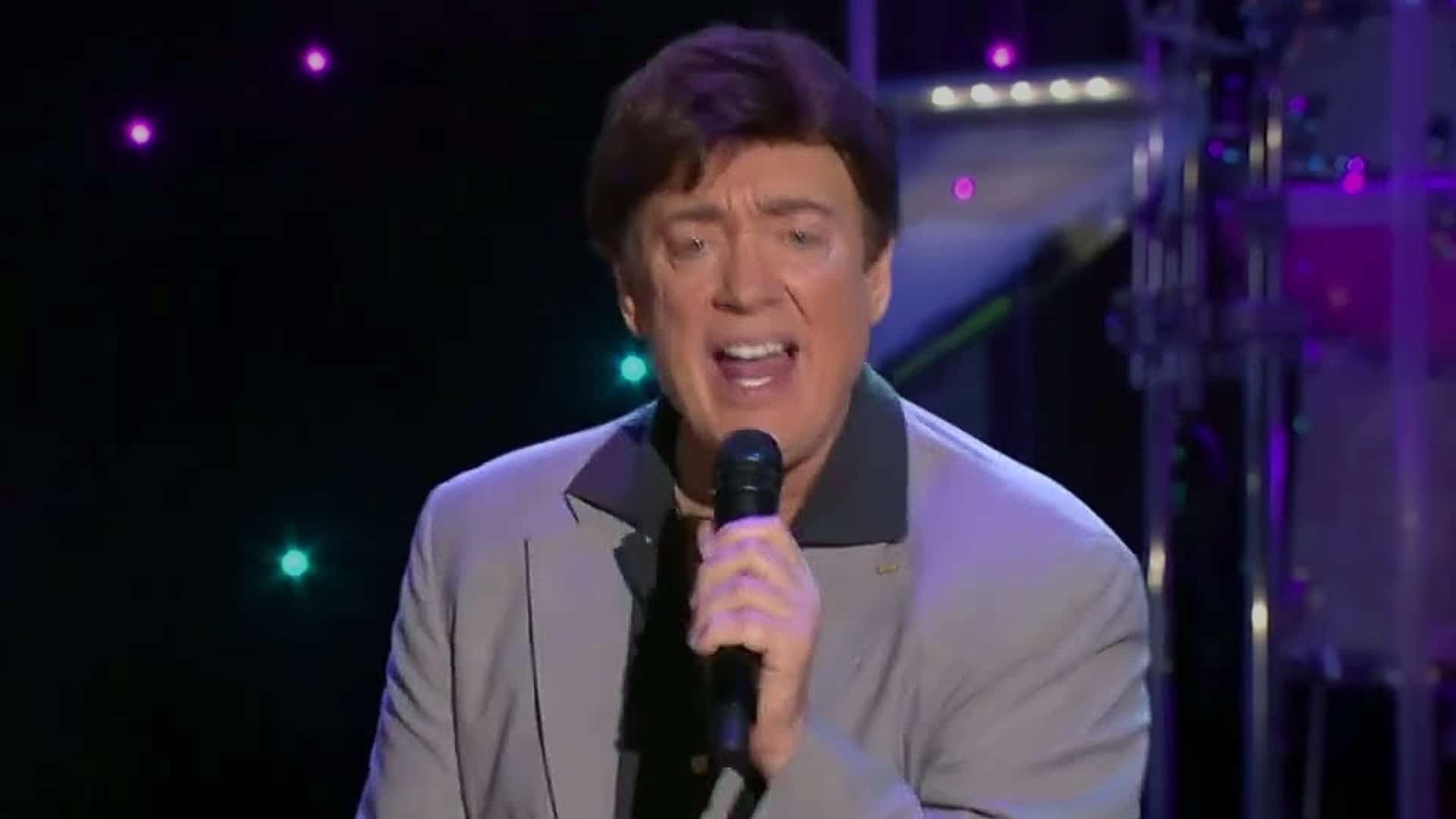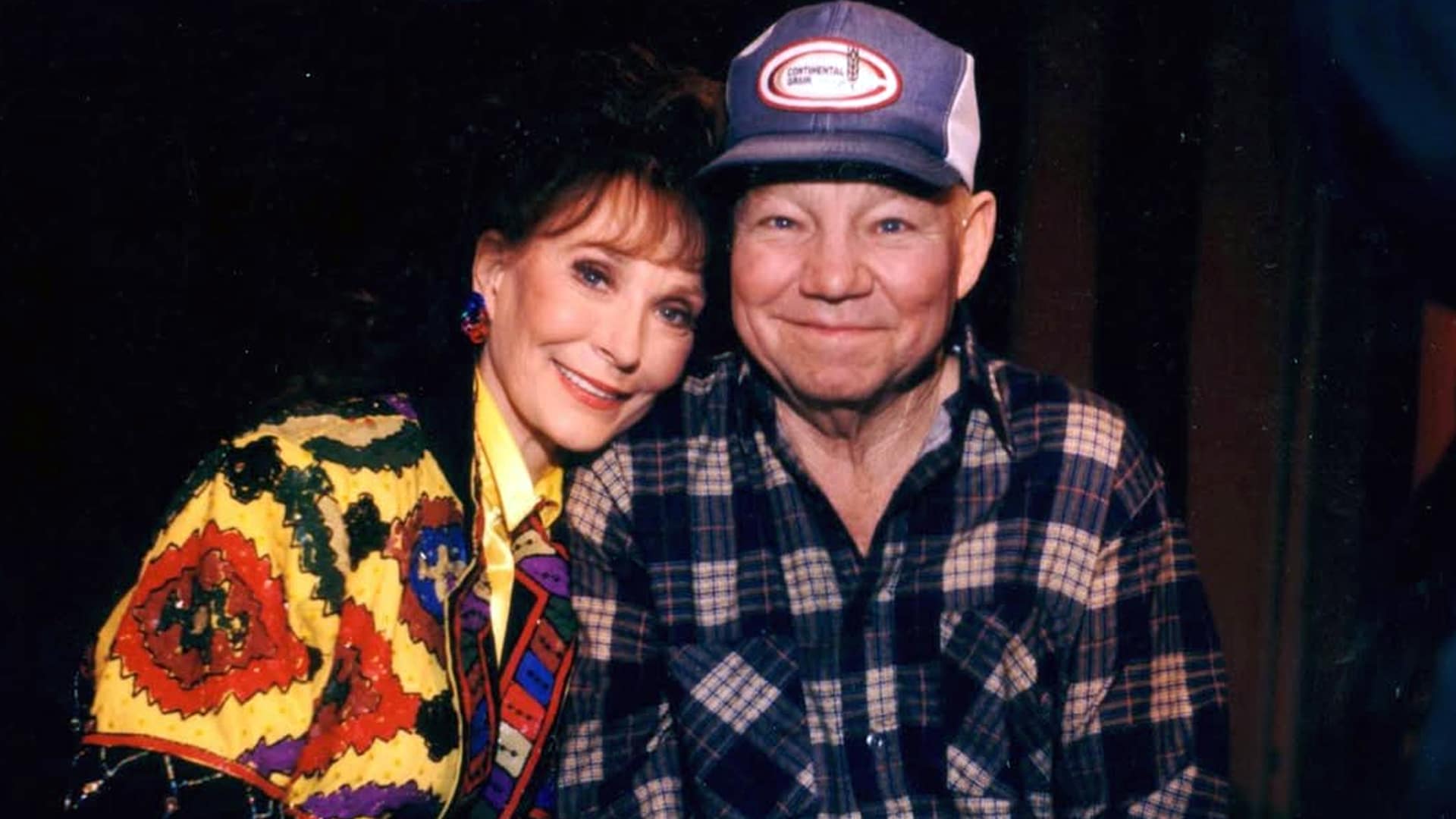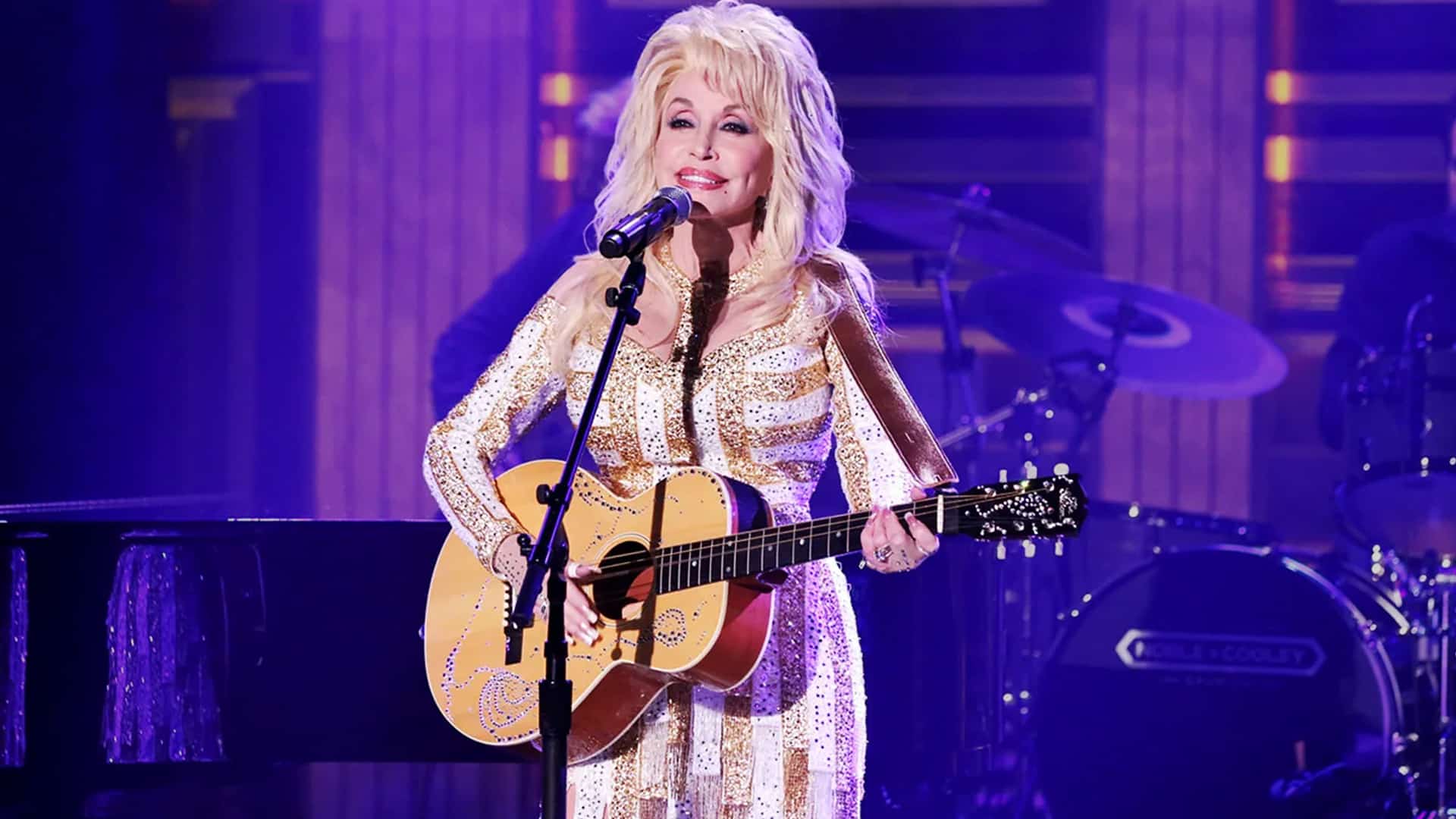Some songs are simply sung. Others are lived through every note. And when Johnny Cash took on the gospel standard “Were You There (When They Crucified My Lord)” alongside the Carter Family, it wasn’t just a performance but a reckoning.
Originally passed down through generations of enslaved people, “Were You There” was first published in 1899 in Old Plantation Hymns, according to Hymnary.org. It eventually became the first Afric𝐚n-Americ𝐚n spiritual included in a major American hymnal. The song is rooted in grief and reverence, with each haunting line echoing a question that confronts the listener: Were you there? Its power has endured for over a century, but few renditions have struck the soul quite like Cash’s.
In a black-and-white television performance from 1962, the Man in Black delivered his own arrangement of the hymn with the Carter Family at his side. No frills, no grandeur — just stripped-down, trembling truth. Cash leads with a slow, weighty cadence, his baritone carving into every word like it’s been carried in his bones. “Were you there when they crucified my Lord?” he asks, and it doesn’t feel rhetorical. It feels personal.
Then come the harmonies. Light, clear, and piercing from Anita Carter, her voice like a thread of silver through the darkness. As she takes her solo lines, the contrast is breathtaking. Where Cash’s voice is burdened, hers lifts the listener toward something higher. The tension between their tones mirrors the tension within the song: the brutal cost of crucifixion met with the hope of resurrection.
This wasn’t a radio-friendly hit or a crowd-pleaser tacked onto a setlist. It was a moment that asked the viewer to stop, to feel, and yes, to tremble. At a time when gospel music was often polished for stage or softened for comfort, this performance brought back the raw edge of its origin — pain, redemption, and reflection.
Other versions of “Were You There” have moved people from Mahalia Jackson’s soul-stirring wails to Paul Robeson’s dignified sorrow. But Johnny Cash and the Carter Family added something only they could: a blend of dust, faith, and Southern mourning that makes you feel like you’re standing at the foot of the cross with them.
The performance still circulates today, decades later. Not because it was flashy or famous. But because it dares to make you feel what the song demands. And when Cash sings those final lines, trembling is no longer just a lyric — it’s what you do.

